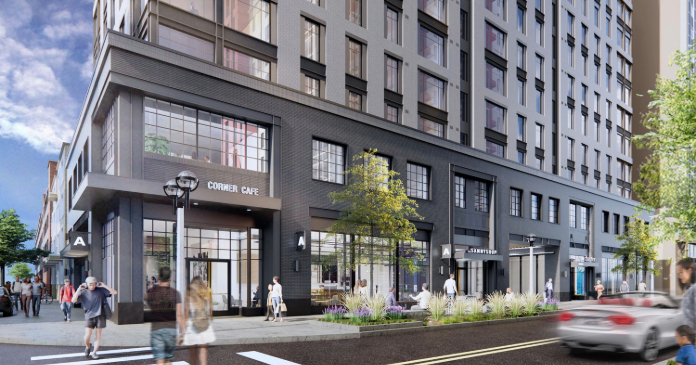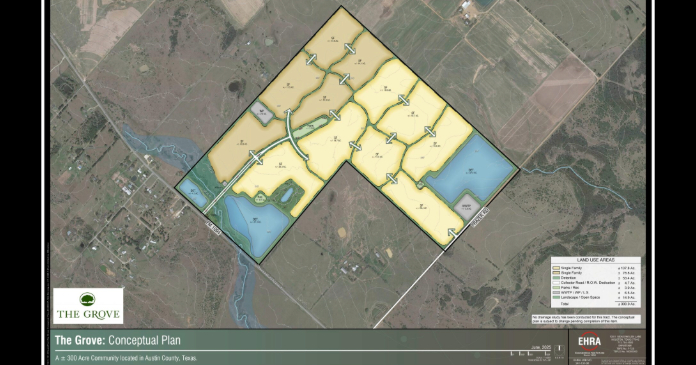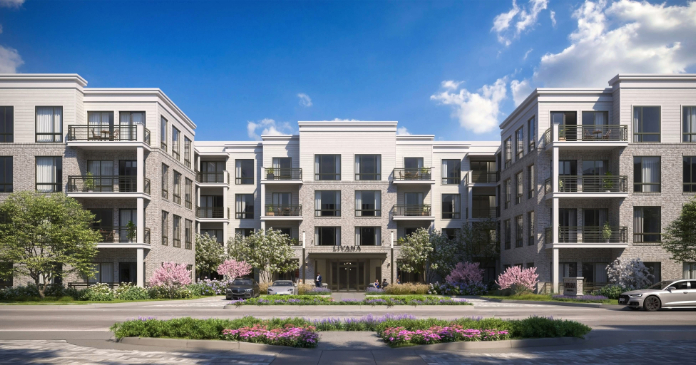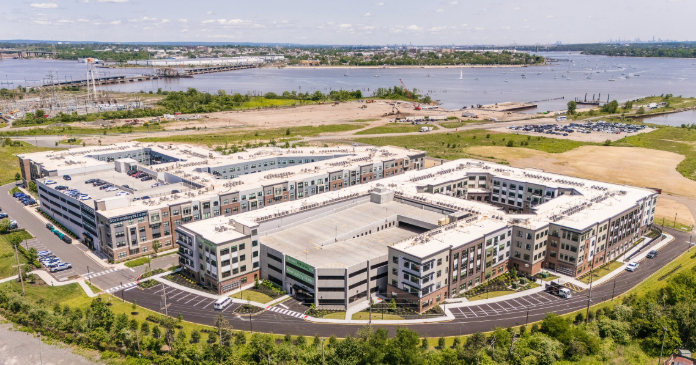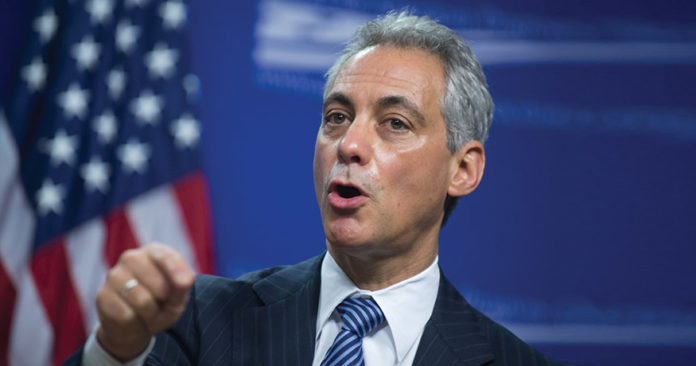
The object of the game is for Chicago residents to take simple steps to reduce energy usage, resulting in lower utility bills for families and property owners, and a smaller carbon footprint for the city. This first-of-its-kind program uses prizes and awards to drive participation throughout the competition.
“The Chicago Neighborhood Energy Challenge is an innovative way to engage Chicago’s residents and empower them to have a direct impact on the environment, while seeing tangible savings on their monthly bills,” said Emanuel. “Using energy responsibly will be beneficial for families now with lessons that can be passed down to future generations.”
The City of Chicago is partnering with the Hispanic Housing Development Corporation (HHDC), a non-profit organization that develops affordable housing in Chicago’s working class neighborhoods, who will host the competition in seven of its multifamily and senior living properties. These seven properties house approximately 750 residents across more than 500 units. Over the past year, HHDC has been working with Affordable Community Energy (ACE) to develop innovative ways to finance clean energy improvements in affordable housing.
The pilot competition aims to achieve 5 to 10 percent energy savings in electricity, gas, and water through simple behavior modification. More than $40,000 in prizes will be awarded over the duration of the contest to drive reductions in resident energy usage, as well as monthly incentives that include passes for Divvy bikes, local museums, and ice skate rentals. The building that saves the most electric, gas, and water energy will win a $25,000 grand prize, which will be reinvested into the property in a manner determined by the winning residents and property managers. The second prize winner will receive $7,500, with third prize receiving $3,500.
“My family and I are so thrilled to take part in such an exciting program. We know there is more we can do to be more energy-conscious and can’t wait to start the workshops that will teach us how,” said Teresa M. Ocegueda, who resides with her husband and three children at Diversey Square Apartments. “We are really hoping to save enough energy to help our building win the grand prize at the end.”
Enterprise Community Partners will provide day-to-day competition management and oversight, with support from the Delta Institute, who will lead the monthly resident trainings and activities. Clique Studios will lead messaging and design efforts, including the creation of a competition website where residents will be able to track their energy usage and compare how their current efforts measure against past usage, as well as other residents. The University of Chicago will conduct ongoing data analysis and complete an evaluation of the pilot competition upon its conclusion.
“This ground-breaking competition will foster an increased sense of community among residents and their neighbors, while having a profound impact on the environment around them,” said Ald. Joe Moreno. “Switching off a lamp, turning off a dripping faucet, or replacing drafty windows can yield high energy savings over time.”
The lessons learned during the pilot competition will be used to inform the launch of future neighborhood challenges and energy efficiency contests in Chicago and across the nation.
The program is part of Emanuel’s efforts to make Chicago more energy efficient through the Sustainable Chicago 2015 agenda. The Mayor’s Retrofit Chicago Residential Partnership has retrofitted over 5,000 Chicago homes and apartments since its launch in August 2011. In addition, 32 buildings representing 28 million sq. ft. have committed to reduce their energy use by 20 percent within 5 years through the Mayor’s Commercial Buildings Initiative.
This project was developed by the Mayor’s Innovation Delivery Team. Chicago is one of five cities to receive an Innovation Delivery Team grant from Bloomberg Philanthropies. Since launching in 2011, the Team has spearheaded a business license reform ordinance that reduced the number of license categories by 60 percent, launched the Retrofit Chicago Residential Partnership, and helped design the Small Business Center to serve as a one-stop-shop for small businesses. Part of Bloomberg Philanthropies’ Mayors Project, Innovation Delivery Team grants were also awarded to Atlanta, Louisville, Memphis, and New Orleans.



